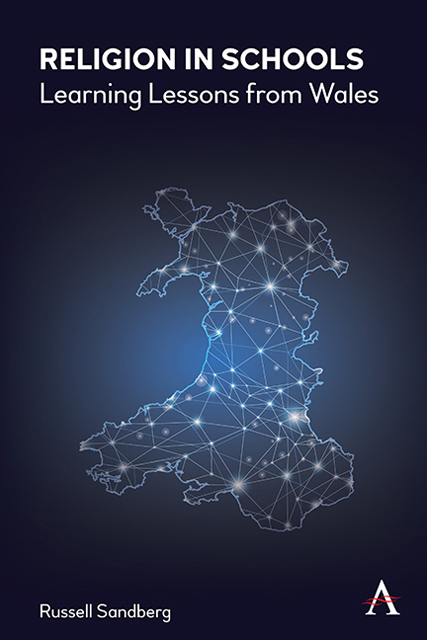4 - The Position After The Butler Act
Published online by Cambridge University Press: 09 December 2022
Summary
Despite Butler's concern that the teaching of religion in schools had come ‘to imperil the Christian basis of our society’ in the years after the legislation that took his name had been passed, it remained true that the Butler Act had actually increased and consolidated the place of religion in English schools by providing for daily religious worship and compulsory religious instruction in all schools, subject to a parental opt out. The Butler Act brought the church schools within the system, offering them two forms of voluntary status, and also gave the Church of England and representatives of other religious groups responsibility for the authorship of the religious instruction syllabus that would apply in State maintained schools. All of these provisions endure to this day. There have been, of course, significant other changes in the education sphere, most notably the move from grammar schools to comprehensives (pursuant to a 1965 Labour Government Circular and a process that was never universally completed) and the development of the National Curriculum by the Education Reform Act 1988, but these had no effect on the principles that had been underpinned by the Butler Act. Indeed, thanks to a number of amendments in the House of Lords, the Education Reform Act 1988 actually went further in entrenching the position of Christianity. This chapter examines how this happened and how this has left its mark on the current law.
The explicit entrenching of the position of Christianity was likely a reaction against the findings of the Swann Committee in 1985 which had argued that in a pluralistic, multicultural society, ‘a major task in preparing all pupils for life […] must […] be to enhance the ir understanding of a variety of religious beliefs and practices’. The conservative backlash to this was manifested in a question tabled in the House of Lords by Baroness Cox asking the Government ‘what steps they are taking to ensure that all state schools provide a Christian act of worship and Christian religious education for all children whose parents request them’. She argued that ‘as a nation, we are in danger of selling our spiritual birthright for a mess of secular pottage’.
- Type
- Chapter
- Information
- Religion in SchoolsLearning Lessons from Wales, pp. 27 - 36Publisher: Anthem PressPrint publication year: 2022

